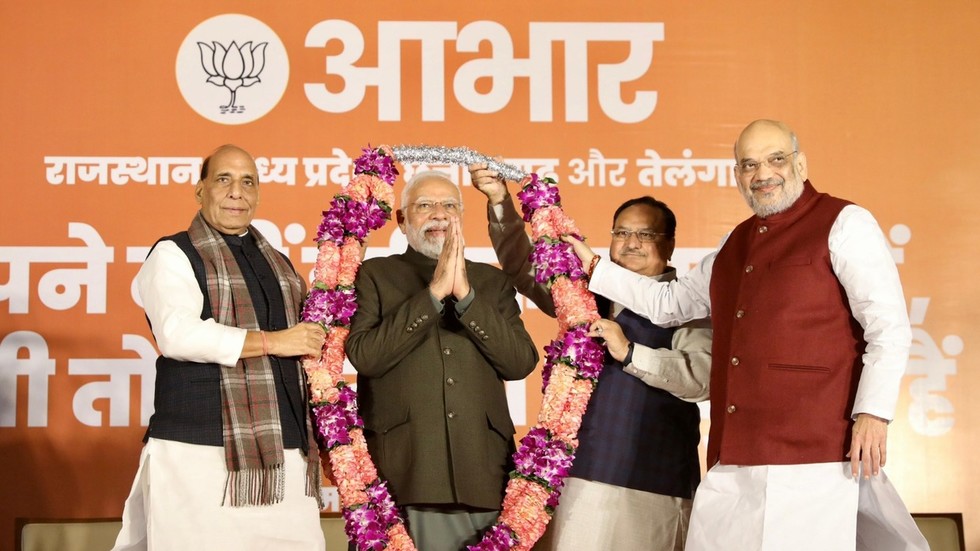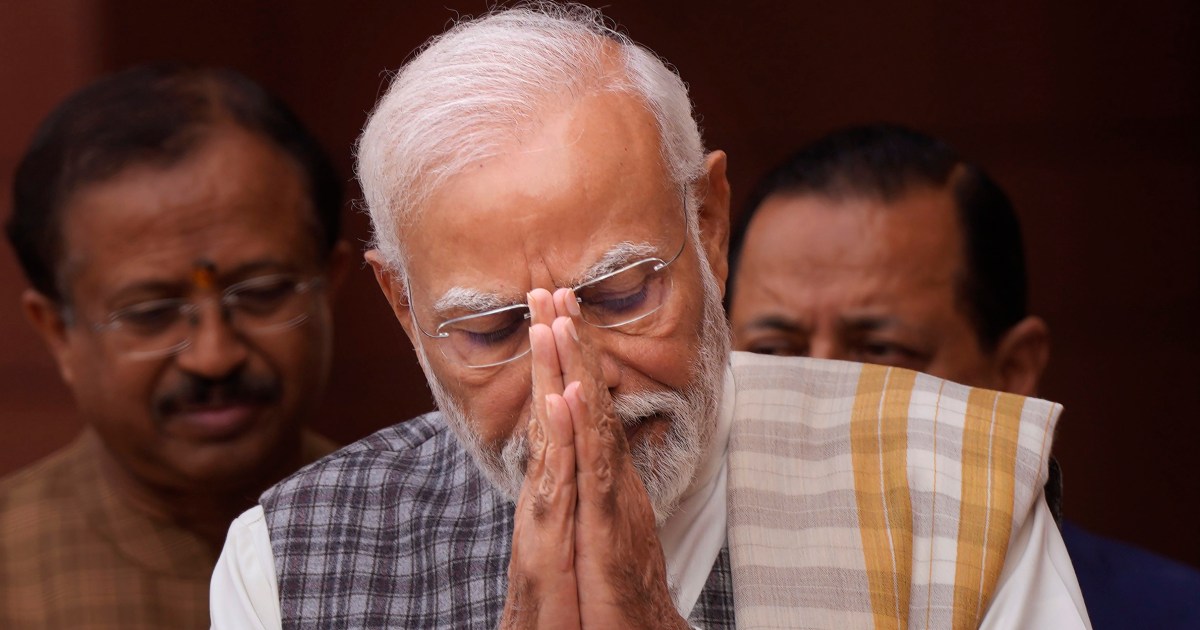India: Top Court Strikes Down Electoral Bonds Scheme

The Spin
Pro-establishment narrative
Simply put, it's almost impossible in India to donate to a particular political party and not expect its rivals to act against the donor. Often, the repercussions can be deadly. Confidentiality becomes key in such situations. It's also incorrect to presume that only companies use the electoral bonds scheme — there's data to show the categories of donors are diverse. Most importantly, the scheme undercuts the importance of cash in political donations, plugging the gap for unaccounted funds to seep into electoral politics.
Establishment-critical narrative
It's almost self-evident that in Indian elections, winnability is connected to financial power. Under the construct of electoral bonds, the BJP government has created a system where the voter can't know who has funded a party. There can't be a more promising gateway for corruption. Between March 2018 and July 2019, an overwhelming 91% of the donations made this way were by private companies and wealthy individuals. Who do you think the recipient's favorite will be when it comes to the rich versus the poor?
Metaculus Prediction
There's a 95% chance that the right-wing incumbent BJP will win the 2024 national election in India, according to the Metaculus prediction community.
/cloudfront-us-east-2.images.arcpublishing.com/reuters/L4DY5UGT7FN4HGALNYCMCZ3SHM.jpg)


